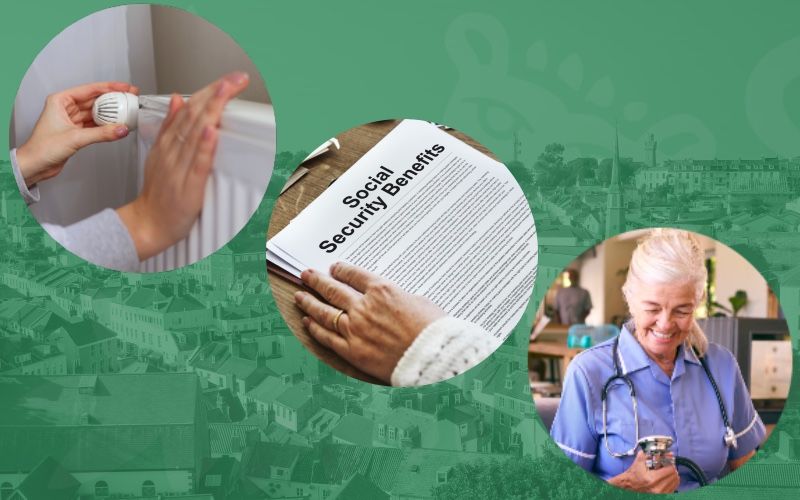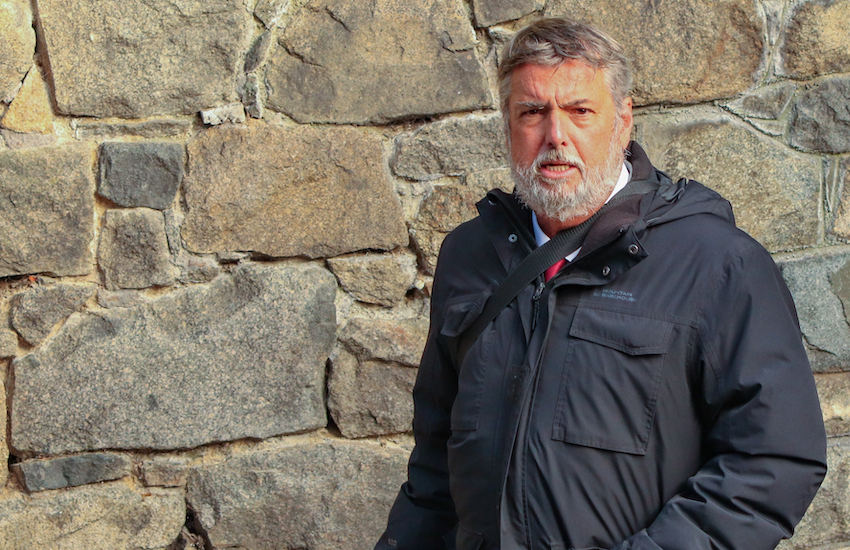


The amount paid out in benefits - including carer and other allowances - will go up next year, despite some opposition in the States.
12 out of 12 proposition passed through the States with little resistance in the end, despite a lengthy debate over whether it was right to approve increases when the islands’ finances are uncertain and the 2025 budget remains undecided.
In doing so the States approved a number of changes to social security benefits, primarily aimed at increasing support for vulnerable individuals and families.
These payments include increased rates for various groups, such as those in residential care and those receiving carer's allowance. The family allowance is getting an increase on the weekly rate along with a higher annual household income limit.
Any individuals who are currently receiving income support, family allowance, severe disability benefit, carer's allowance, or mesothelioma compensation should see an increase in their benefits when the changes come into effect from January 3, 2025, with the exception of the supplementary fuel allowance, which is already in place through to the end of April next year.
Overall we’ll see rent allowances increased by 10%, the Winter Fuel Fund increased by 12.1% and social security benefits will increase by 4.5% to run with the rate of inflation, as of June this year.
For the minority who opposed these changes, there seemed to be a few reasons to do so. Both Deputies Bob Murray and Jonathan Le Tocq spoke on how their colleagues had refused to stabilise the islands financials, and had voted down alternative options to save cash or raise extra revenue, and as such the purse strings would need tightening.

Pictured: Deputy Peter Roffey brought the benefits uprating report to the States for debate.
On the back drop of an emergency budget being whipped up for presentation in the New Year, the two members of Policy and Resources had their say on why their colleagues should vote down the proposed increases.
“You're going to have to accept that actually, we can't always keep on paying out and paying out and paying out," said Deputy Murray. "If we haven't got the money coming in, and if members aren't prepared to back approaches, initiatives, whatever they are, to bring money in, then clearly the other side of the equation can't be dealt with either.”
“When we won't take difficult decisions, then we have further decisions and they become even more difficult down the line.”
Deputy Jonathan Le Tocq added his concerns too.
“Many who will support it, no doubt, did not support any increase in income and in our revenue. As a result, that means we have to make some tough decisions. We have virtually no flexibility. Now, next year, we have no money to put into very urgently needed infrastructure, and therefore I believe we need to cut our cloth appropriately.”
Those who supported the increases spoke of the need to support the most vulnerable locally, especially when considering the pressures many of those people have been under the past few years.
“We have gotten ourselves into a mess, but it seems an odd starting point, from my point of view and in my opinion," said Deputy Tina Bury. "Before we've even had a chance to assess, before P&R have had time to have a look, and come back with proposals. For this government to send out a message that before we've looked at any of that, we will start cutting support to the most vulnerable members of our society.
“We're talking about people who are on low incomes, people that a couple of years ago were being championed as our frontline workers. Who were being sent out, whilst the rest of us all stayed safe at home. We're talking about carers.”
Deputy Peter Ferbrache said the bottom line was people who needed assistance should be given it.
“I'm not here, and I never have been, from 1994, when I first started, to disadvantage those who need assistance," he said. "These people need assistance, they should be given it, it should be a unanimous decision on all these issues.”
Ultimately the States backed the benefits uprating report, with the changes to come in from January.
Comments
Comments on this story express the views of the commentator only, not Bailiwick Publishing. We are unable to guarantee the accuracy of any of those comments.